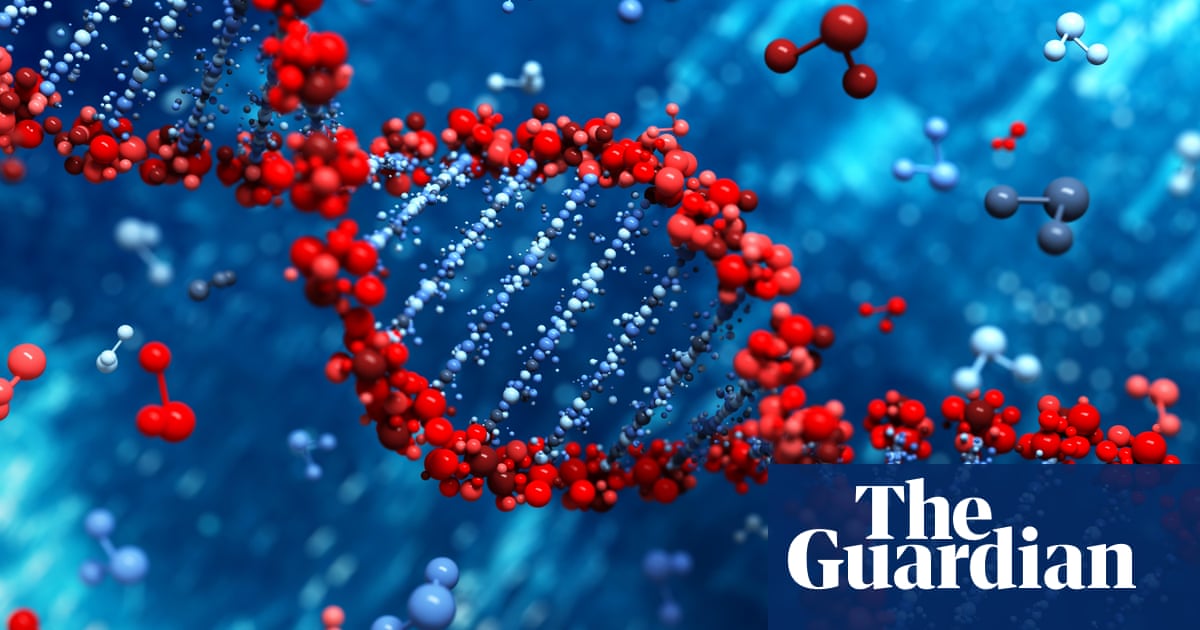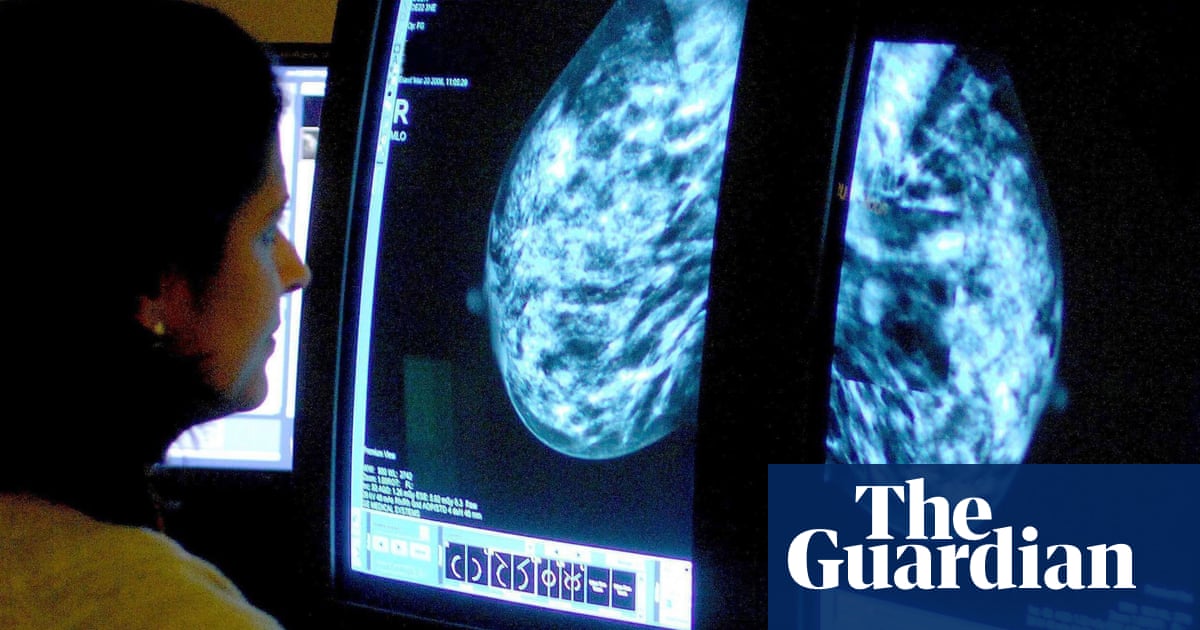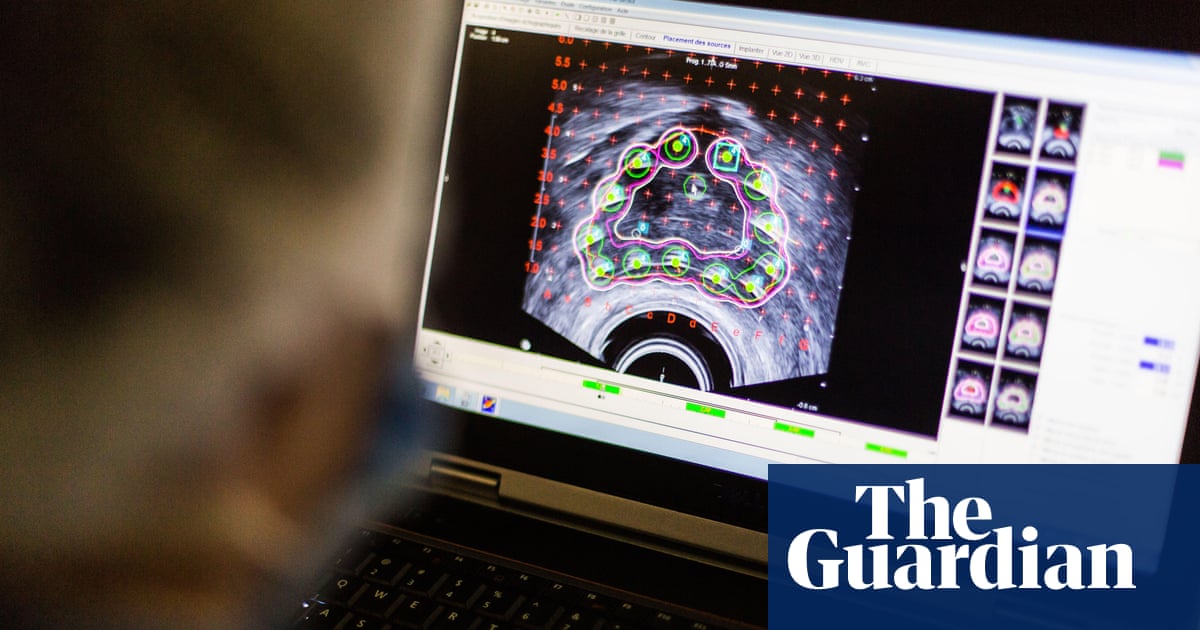
One of the NHS’s leading hospital trusts has begun using artificial intelligence to help detect cancer in the gullet, which kills 8,000 Britons a year. It is hoped the technology will increase the number of cases of cancer in the oesophagus that doctors spot.
Oesophageal cancer is one of the deadliest forms of cancer. It is hard to detect, particularly in its early stages, and many people who get it die soon after their diagnosis. Fewer than one in five of those diagnosed are still alive five years later.
Developers of the software, called CADU, say it is the first in the world to use artificial intelligence technology to help doctors identify cancerous cells in the food pipe. It analyses pictures captured by a tiny camera put down a patient’s throat during an endoscopy, which is used to diagnose oesophageal cancer and highlight areas of concern to the medic.
The software in effect gives the gastroenterologist conducting the endoscopy a second opinion. It is hoped that it will reduce the high number of oesophageal cancers – up to 25% – that doctors miss during an endoscopy because early signs of the disease are very difficult to spot.
The scientists and doctors who invented CADU believe that better identification of oesophageal cancer while it is still at an early stage will lead to patients receiving prompt treatment and thus having a better chance of survival. About 9,000 people a year in the UK are diagnosed with oesophageal cancer, which is linked to smoking and drinking.
University College London hospital trust started using CADU in February, after it was approved by the Medicines and Healthcare products Regulatory Agency, to improve its diagnosis rates.
“We know from our data that between 15% and 20% of patients can have an early cancer develop within 12 months of an initial ‘normal’ endoscopy, suggesting that perhaps this was overlooked at the first examination or was very subtle,” said Dr Rehan Haidry, a consultant gastroenterologist at UCLH.
CADU was developed by experts from UCLH and University College London (UCL) working in conjunction with a UCL spinout technology firm called Odin Vision.
Peter Mountney, the firm’s chief executive and an honorary associate professor at UCL, said: “We are very excited to achieve this landmark procedure and use our AI technology to support doctors in the fight against one of the most aggressive forms of cancer.
“CADU shows promise at a clinically meaningful level and the next stage is to validate that in a larger multi-centre trial involving a number of hospitals in several countries.”
The CADU device can aid diagnosis because it has been shown hundreds of thousands of images of diseased tissue and has learned to spot cancerous growths from the visual patterns in those images. Experts in oesophageal cancer said the technology could prove to be a breakthrough.
“Harnessing the power of artificial intelligence in combination with standard diagnostic procedures such as endoscopies offers the potential to detect cancers earlier,” said Nicola Valeri, a professor of gastrointestinal oncology at the Institute of Cancer Research.
The NHS in England is increasingly exploring how AI can help diagnose, monitor and treat medical conditions such as sepsis, cancer and Parkinson’s disease. Its NHS AI Lab has provided £140m for trials of software that may be able to analyse breast cancer screening scans and assess people who have just had a stroke, for example.
Sir Simon Stevens, NHS England’s chief executive, said last year that while AI was still in its infancy, “when the latest chapter in the history of medicine comes to be written, AI in healthcare will doubtless rank alongside earlier advances such as the stethoscope, the X-ray and the blood test.”
NHS hospitals in Leicester, Nottingham and Oxford have been assessing AI software called the virtual nodule clinic, which its developers hope will help doctors diagnose lung cancer, Britain’s biggest cancer killer. Its early results have led to it receiving a £1.5m grant for the technology to be used in a research project involving 10 hospitals to see if it aids early detection.












